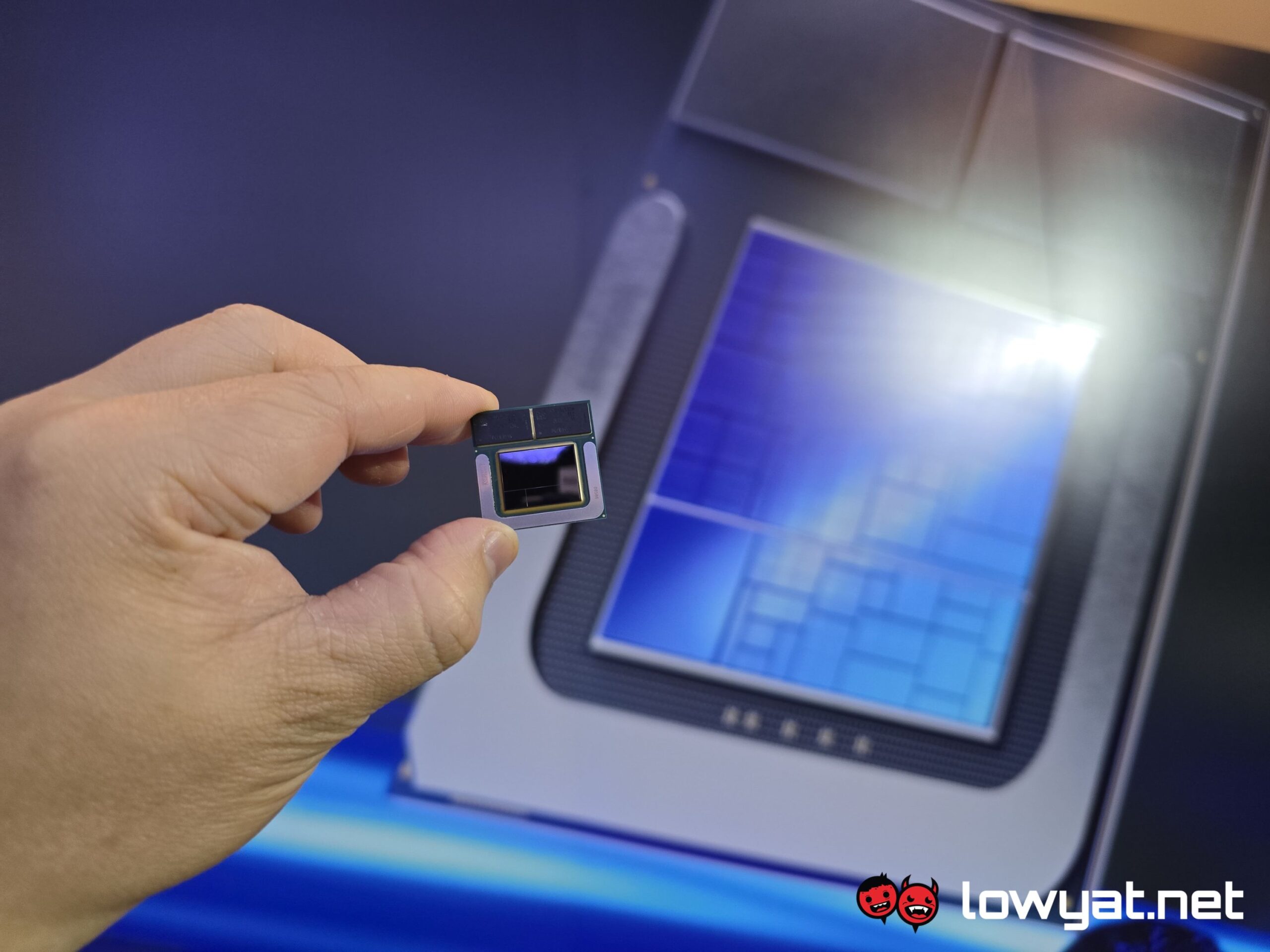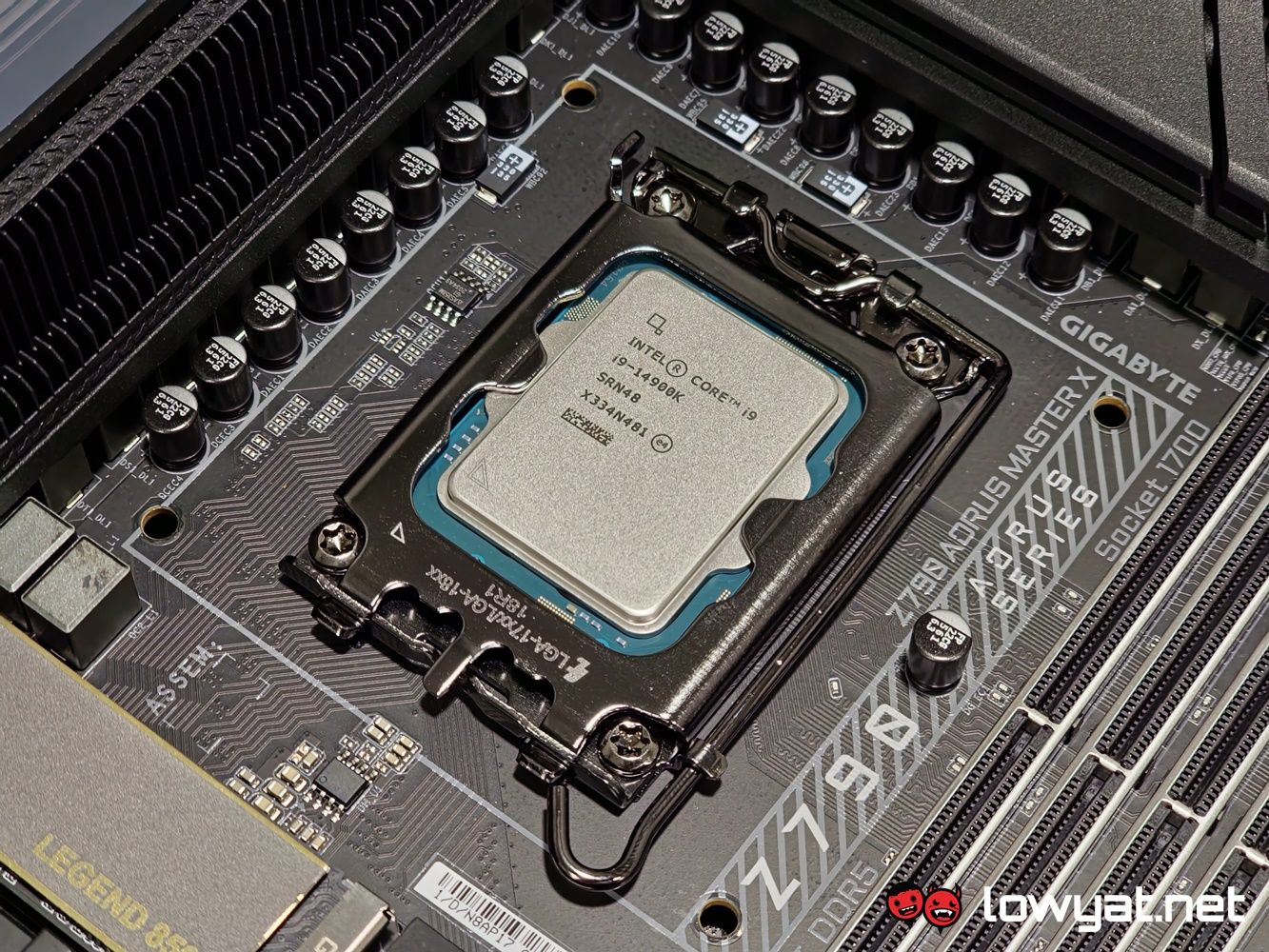Intel has released an update on the instability issue that has affected its own top-tier 13th and 14th Gen Core i9 desktop CPUs. It provides a list of products that are unaffected by what is now called the “Vmin Shift Instability”, and that the upcoming Core Ultra 200 Series desktop and mobile lineup will not be plagued by it.
Intel confirms that its next generation of processors, codenamed Arrow Lake and Lunar Lake, are not affected by the Vmin Shift Instability issue due to the new architectures powering both product families. Intel will ensure future product families are protected against the Vmin Shift Instability issue as well.
As for which CPUs will not be affected, the chipmaker provided the following list, which includes 12th gen Core desktop and mobile processors, as well as 13th and 14th gen Core Series mobile processors. Here’s the full list:
- 12th Gen Core desktop and mobile processors
- Core 13th and 14th Gen i5 (non-K) & i3 desktop processors
- Core 13th and 14th Gen mobile processors – including HX-series processors.
- Xeon processors – including server and workstation processors.
- Core Ultra (Series 1) processors

To quickly recap, Intel’s instability woes first started in South Korea, when gamers who purchased their 13th and 14th gen Core i9 desktop CPUs began returning them en masse over performance issues. Intel eventually found the cause of the instability: a microcode algorithm that caused the CPU to operate at “elevated operating voltage” levels. It eventually released a patch for affected CPUs and extended warranties but unfortunately, any unit that were damaged by the voltage spikes were deemed irreparable.
(Source: Intel, Videocardz)
Follow us on Instagram, Facebook, Twitter or Telegram for more updates and breaking news.



